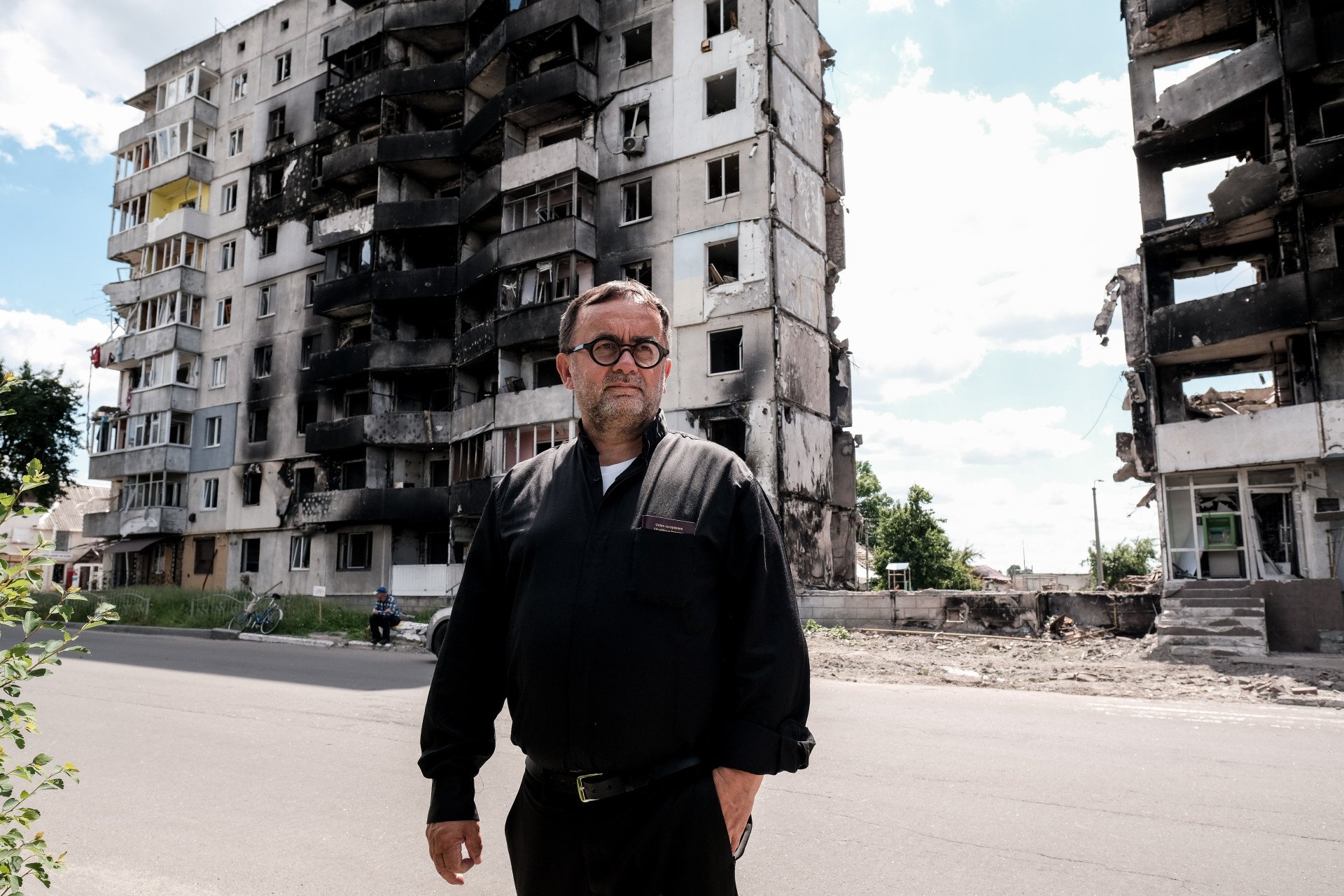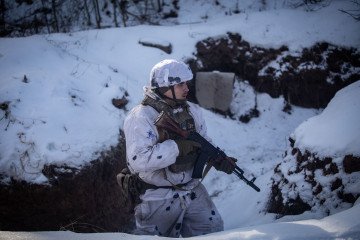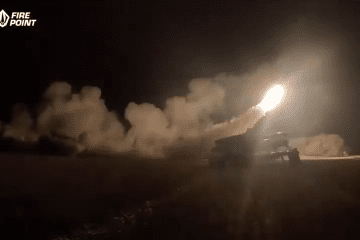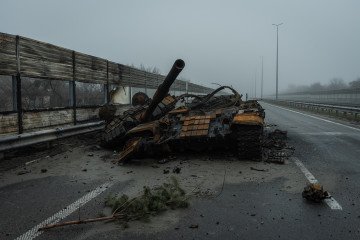- Category
- Latest news
Babel Interview: The Catholic Priest Who Tracked Holocaust Graves Now Says Russia Is Committing Genocide

For over two decades, French Catholic priest Patrick Desbois and his organization Yahad–In Unum have scoured Eastern Europe to uncover the forgotten mass graves of Jews murdered during the Holocaust—documenting 3,370 execution sites and collecting over 8,000 eyewitness testimonies. But since Russia’s full-scale invasion of Ukraine in 2022, their mission has shifted.
Today, Desbois and his team are documenting a new kind of atrocity: war crimes and crimes against humanity committed by Russian forces on occupied Ukrainian territory.
In a new report released on April 1, Yahad–In Unum outlines the findings of hundreds of interviews with Ukrainian victims and witnesses from places like Kherson and Kharkiv. Their central conclusion is stark: the systematic torture of civilians—often under the direction of Russia’s FSB security service —is part of a deliberate campaign to erase Ukrainian identity. In other words, it’s genocide.
Babel correspondent Oksana Kovalenko spoke with Patrick Desbois and German lawyer Andrej Umansky about the key findings of the report — and why mass torture can be considered evidence of genocide.
Speaking to Babel, Desbois and Umansky explain how these crimes go far beyond isolated acts of violence. The torture is organized, strategic, and aimed at breaking not just bodies, but national spirit.
Umansky explains, “We weren’t the only ones documenting torture testimonies, but we were the only ones trying to understand what the Russians were trying to achieve. We concluded that through violence and blackmail, they wanted to force Ukrainians to renounce their identity.”
“I’ve worked in Ukraine for 20 years—we investigated the crimes committed by the Germans during World War II,” Desbois told Babel. “I know nearly every village from Lviv to Crimea and Kharkiv.” When Russia launched its full-scale invasion, a Ukrainian colleague asked him, “Patrick, will you come investigate our mass graves?” Desbois says, “I couldn’t say no.”
Victims were often pressured to abandon their Ukrainian identity, collaborate with Russian forces, or publicly pledge loyalty to Moscow under duress. “People who refused were given 15-year prison sentences, and many were sent to serve them in Russia,” Desbois says.
One particularly harrowing case involved a Ukrainian kickboxer detained in Kherson, then transferred to Simferopol. When physical torture failed to break him, the FSB assigned a psychologist to analyze his vulnerabilities. “He realized this man had a very close bond with his mother,” Desbois recalls. “So the FSB began applying psychological pressure, threatening him by saying they were torturing his mother in the same building.” Driven by fear for her safety, the man eventually gave in—recording a coerced statement on video. Later, Russian authorities used the footage to blackmail him.
-db4c40768b4b730712000dc59b2daed3.png)
Desbois and Umanksy argue that these aren’t just crimes—they’re coordinated tools of ethnic erasure.
“When Russians arrived in a village, they arrested large numbers of educated people—the social elite—teachers, journalists, community leaders—and tried to turn them into adherents of the ‘Russian world,’” Desbois explains. “The same logic applied to children: they deported them to Russia, gave them up for adoption, changed their citizenship—to make them Russian and destroy Ukrainian identity.”
Though some international lawyers remain cautious about labeling such acts as genocide—pointing to the 1948 Genocide Convention’s focus on physical destruction—Umansky insists the legal basis is clear.
“When we drew our conclusions, we referred directly to the Convention,” he says. “Article II (b) specifies ‘causing serious bodily or mental harm to members of the group.’ That includes torture, interrogations, psychological pressure, threats—all actions aimed at destroying a national group. The FSB operates with a method. They’re not just inflicting pain—they want people to abandon their Ukrainian identity.”
Their documentation has already been submitted for use in proceedings before the European Court of Human Rights and Germany’s Federal Public Prosecutor.
“All our witnesses gave consent,” Umanksy says. “But to build a stronger case, we need more testimonies. These crimes have no statute of limitations—perpetrators will be hunted and tried in 10 or even 20 years.” Some torturers have already been identified with the help of investigations by The Kyiv Independent, and survivors have recognized them.
Desbois emphasizes that justice may take years, even decades. But it will come.
In today’s shifting geopolitical climate, where aggressors and victims are increasingly blurred in public discourse, he says one truth must be repeated:
“With Trump, everything is changing. We don’t know where this so-called peace deal with Russia is going to lead. That’s why we have to keep saying it—Russia isn’t just taking territory. Russia is destroying Ukrainian identity in every small village it occupies. During negotiations, we must remember: Russians don’t come as liberators. I’ve never seen them offer freedom. They bring erasure.”
Read the full interview via the Babel official website.






-72b63a4e0c8c475ad81fe3eed3f63729.jpeg)